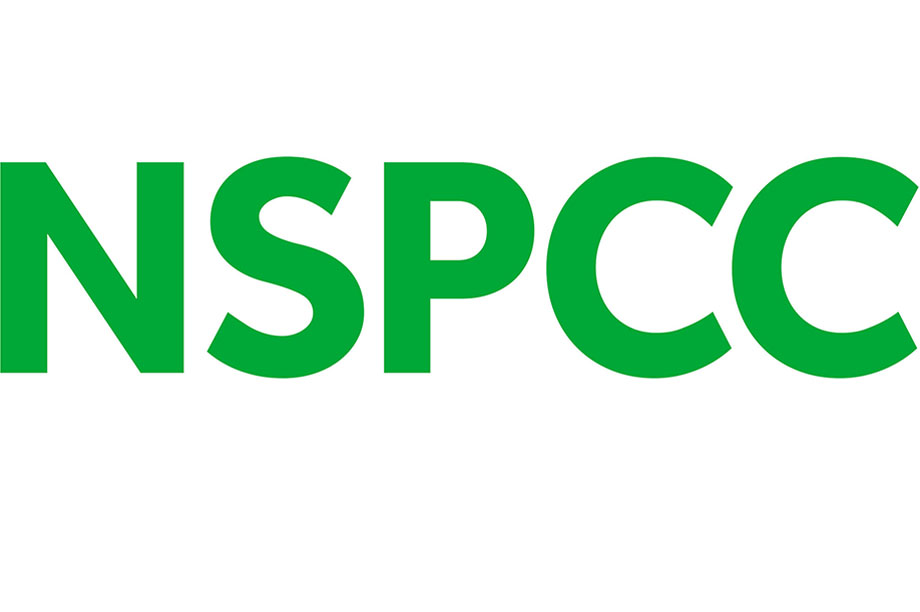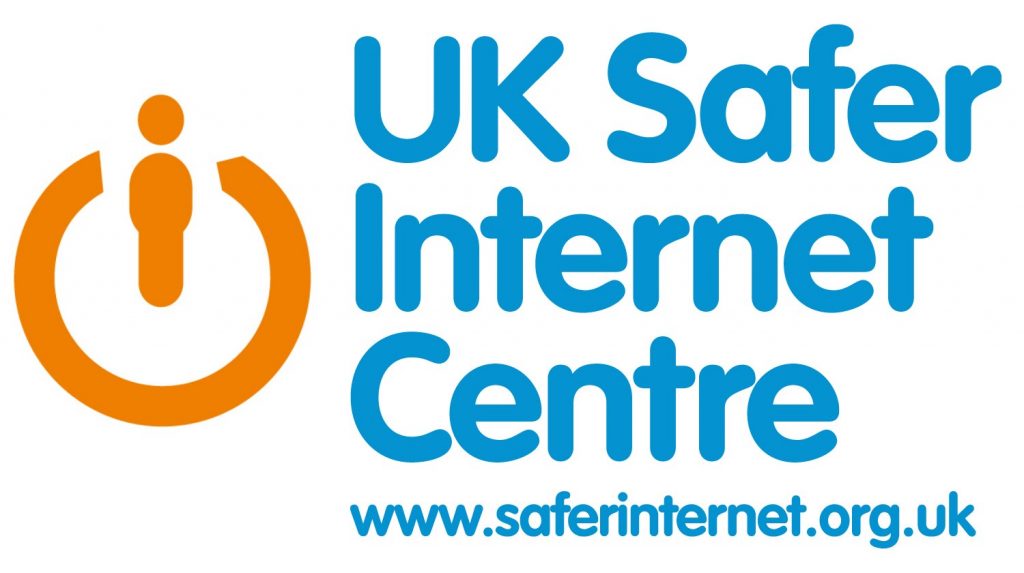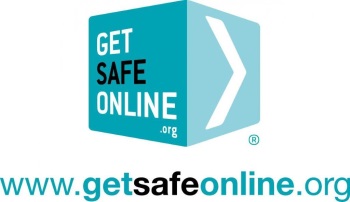
Online Safety
At Haggerston we are committed to ensuring that all our students are safe when using the internet within school. However much of a child’s internet usage occurs outside of school and we ask all parents to take an interest and be vigilant in their child’s usage. This page will be updated accordingly and will hopefully support you with relevant key information to keep your child safe.
What risks could my child face when online?
Understanding the potential risk and encouraging safe and responsible use of the internet are crucial steps towards ensuring the safety of your child. Depending on the role that child takes, whether the recipient, participant or actor, there are a number of potential risks as outlined below.
Content
- Illegal
- Inappropriate
- Unsuitable
- Obsession
- Addiction
- Expense
Contact
- Bullying
- Grooming
- Abuse
- Identity theft
Conduct
- Privacy issues
- Digital footprint
- Health and well-being
- Sexting
- Copyright
Commerce
-
Online gambling
-
Inappropriate advertising
-
Phishing
-
Financial scams
Parental advice leaflet
What can I do to support my child being safe online?
Parents and carers are the often the first people children turn to when things go wrong, therefore you play a pivotal role in supporting your child to stay safe at all times online. In the ever-changing world of technology it can be hard to keep up to date with the latest apps or sites your child may be using so to support with this it might be suitable to ask the following questions:
- Am I having regular conversations with my child about staying safe online?
- Are parental controls on your home internet suitable?
- Have you considered safety tools on social networks and other online services? E.g. Facebook privacy settings
- Do you understand devices and the parental control tools they offer. A useful guide can be found on the UK Safer Internet Centre’s website.
- Do you carry out spot checks on the devices that your child uses, looking at images, videos and social media aspects to make sure they are carrying out safe practices.
- Read the guide on online sexual harassment called ‘The Things I wish My Parents Had Known’.
How can I report safety concerns?
If you are concerned that your child is in immediate danger, call 999. If it is a less immediate concern, you should contact your local police station.
If you’re worried that your child is being groomed online or sexually exploited you should also report your concerns to the Child Exploitation & Online Protection Centre (CEOP). You can report your concern through their website: www.ceop.police.uk/safety-centre
If you are concerned that your child is being bullied at school, you should contact the child protection officer, or your child’s Head of Year.
Our eSafety advice leaflet, aimed at parents and carers who wish to develop their understanding of internet safety issues and support their children. There are also a range of useful websites listed below:
Think you know
www.thinkyouknow.co.uk
Child Exploitation and Online Protection
www.ceop.police.uk/safety-centre/

NSPCC – Online Safety
www.nspcc.org.uk

UK Safer Internet Centre
www.saferinternet.org.uk

Get Safe Online
www.getsafeonline.org






